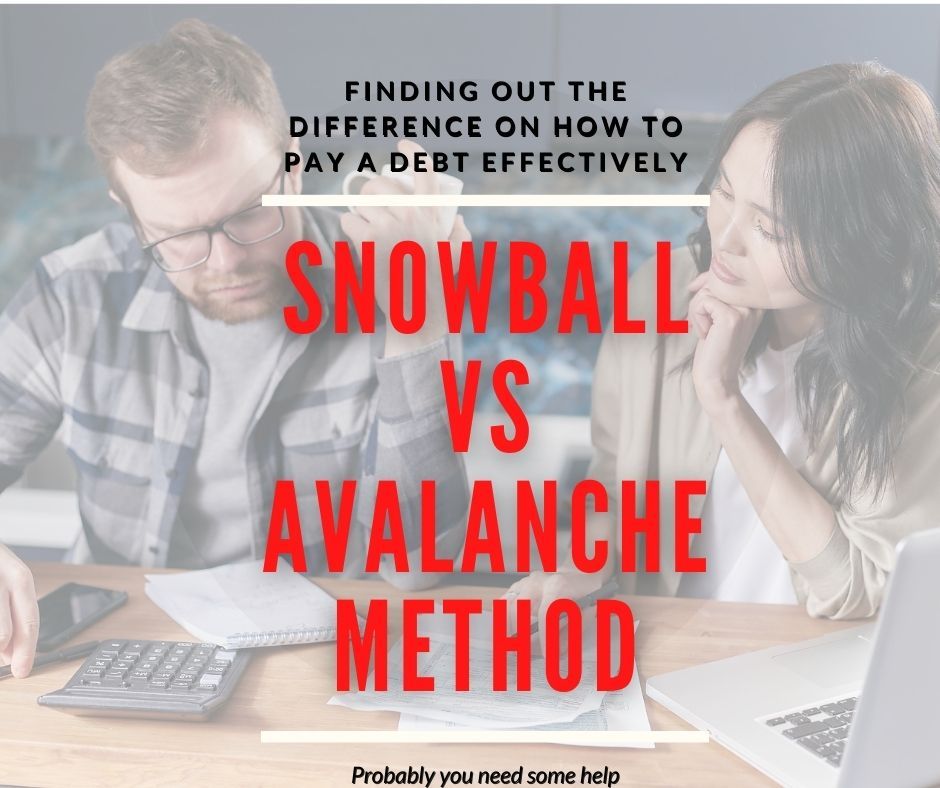Strategies to Pay Off Credit Card Debt
Paying off credit card debt requires a strategic approach. Here are proven methods to help you tackle your debt effectively.
1. The Snowball Method
The Snowball Method involves paying off your smallest balances first while making minimum payments on larger debts. Once a debt is cleared, you move to the next smallest balance, gradually building momentum.
2. The Avalanche Method
The Avalanche Method focuses on paying off debts with the highest interest rates first, minimizing the amount of interest paid over time. Make minimum payments on other cards and allocate extra funds to the highest-interest debt.
3. Balance Transfer Credit Cards
Consider transferring your credit card balances to a card with a lower interest rate. Balance transfer cards often offer 0% APR for an introductory period, which can help you pay off the principal faster.
4. Personal Loans
Consolidating your credit card debt with a personal loan can lower your overall interest rate and give you a fixed repayment schedule. Ensure you compare loan terms and rates before proceeding.
5. Debt Management Plans
Non-profit credit counseling agencies can assist with debt management plans. They negotiate with creditors on your behalf and may help reduce interest rates and fees.
Tips to Manage and Avoid Credit Card Debt
Prevention is better than cure. Here are some tips to help you manage and avoid credit card debt in the future:
Create a Budget
Track your income and expenses to identify areas where you can cut back. A budget helps ensure you’re living within your means and allocating funds towards debt repayment.
Build an Emergency Fund
An emergency fund can prevent you from relying on credit cards during unforeseen expenses. Aim to save at least three to six months’ worth of living expenses.
Use Credit Cards Wisely
Only charge what you can afford to pay off in full each month. This habit prevents interest from accumulating and keeps your debt under control.
Avoid New Debt
Resist the temptation to open new credit accounts while paying off existing debt. Focus on reducing your current balances before taking on additional obligations.
Additional Insights and Resources
While the strategies outlined above are effective, here are some additional insights to further assist you on your debt repayment journey:
1. Negotiate With Creditors
Don’t hesitate to reach out to your credit card issuers to negotiate lower interest rates or reduced payments. Creditors are often willing to work with you to ensure they receive payment.
2. Increase Your Income
Consider taking on a part-time job or gig to boost your income. Extra earnings can be used to expedite your debt repayment timeline.
3. Monitor Your Progress
Regularly review your debt repayment plan to ensure you’re on track. Adjust your strategy as needed to stay motivated and achieve your financial goals.
4. Seek Professional Help
If you’re overwhelmed by your debt, consulting a financial advisor or credit counselor can provide personalized guidance and support.
Conclusion
Paying off credit card debt requires discipline, patience, and a clear strategy. By understanding your debt, implementing effective repayment methods, and adopting good financial habits, you can achieve financial freedom and regain control over your finances.
Remember, the journey to becoming debt-free is a marathon, not a sprint. Stay committed, make informed decisions, and celebrate your progress along the way.
Share Your Success Story
If you’ve successfully paid off your credit card debt using any of these strategies or have additional tips to share, we’d love to hear from you. Leave a comment below to inspire and motivate others on their debt-free journey.




